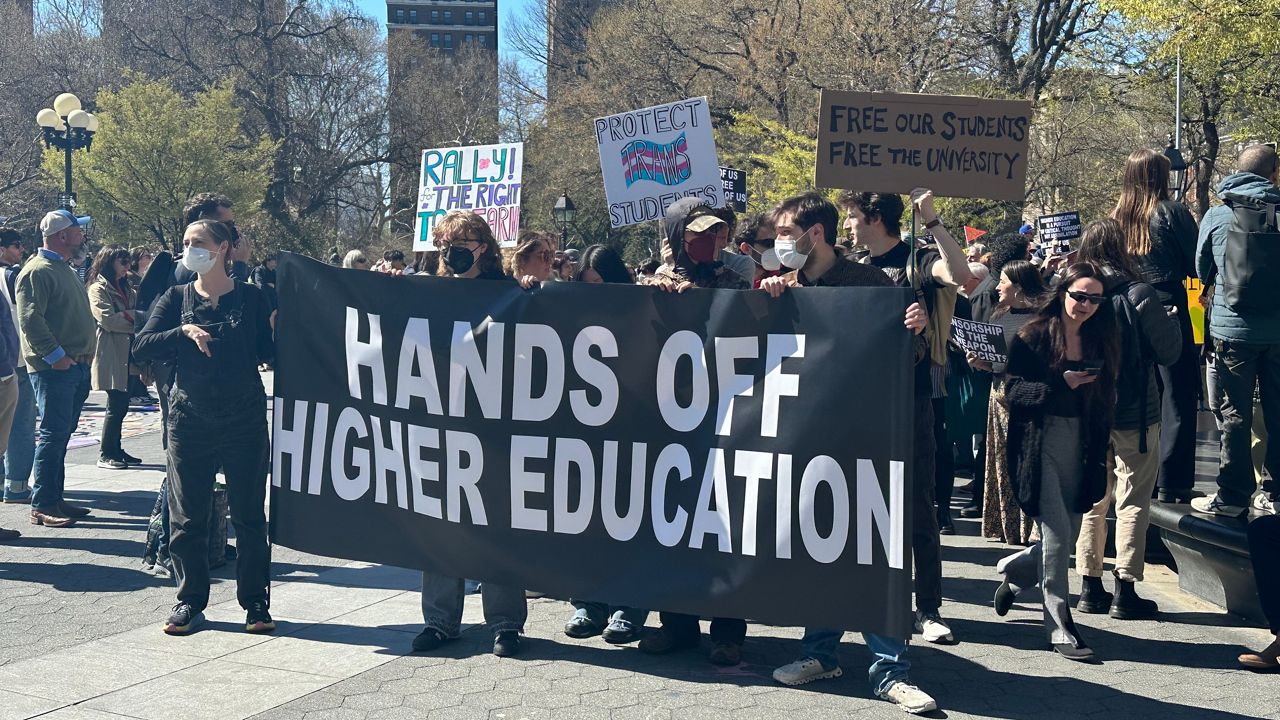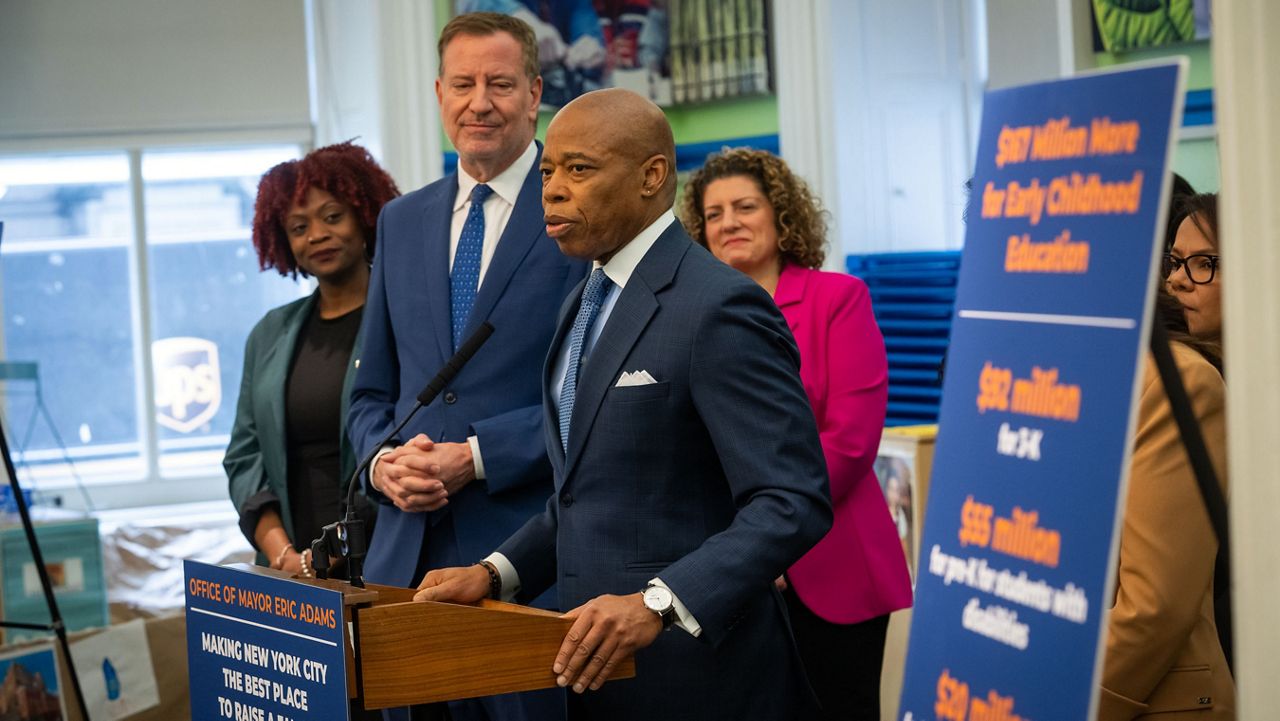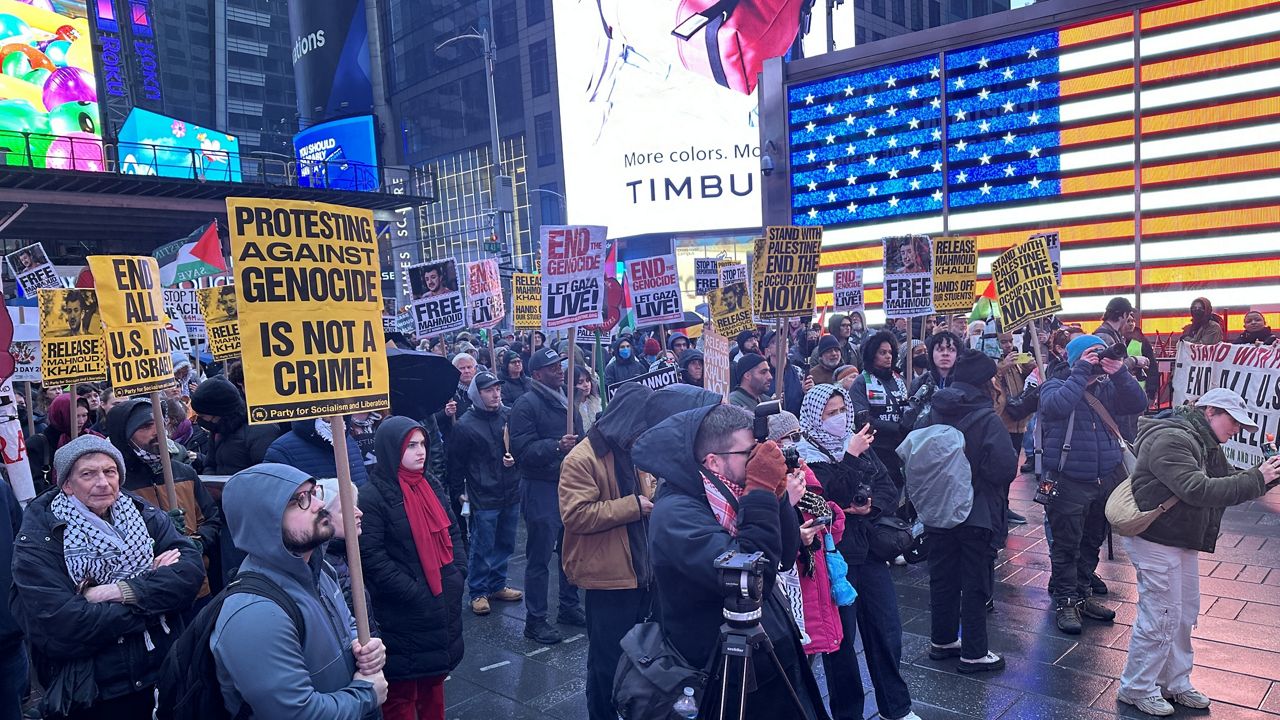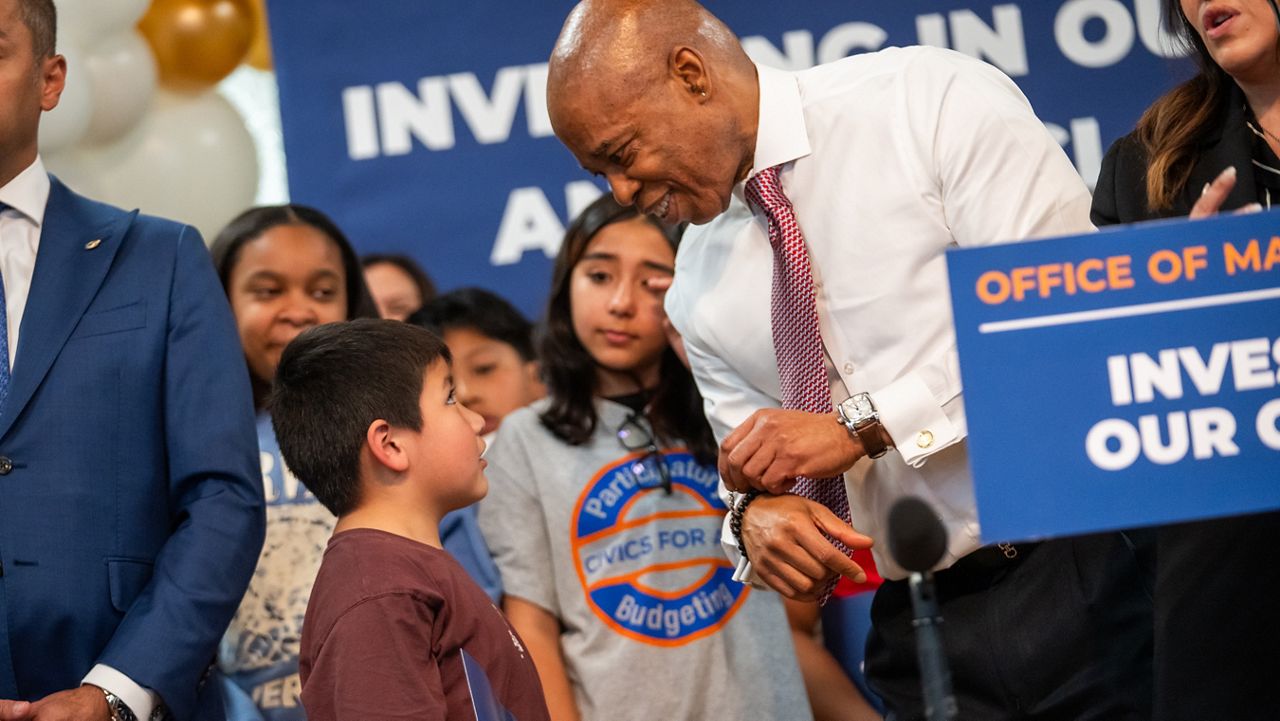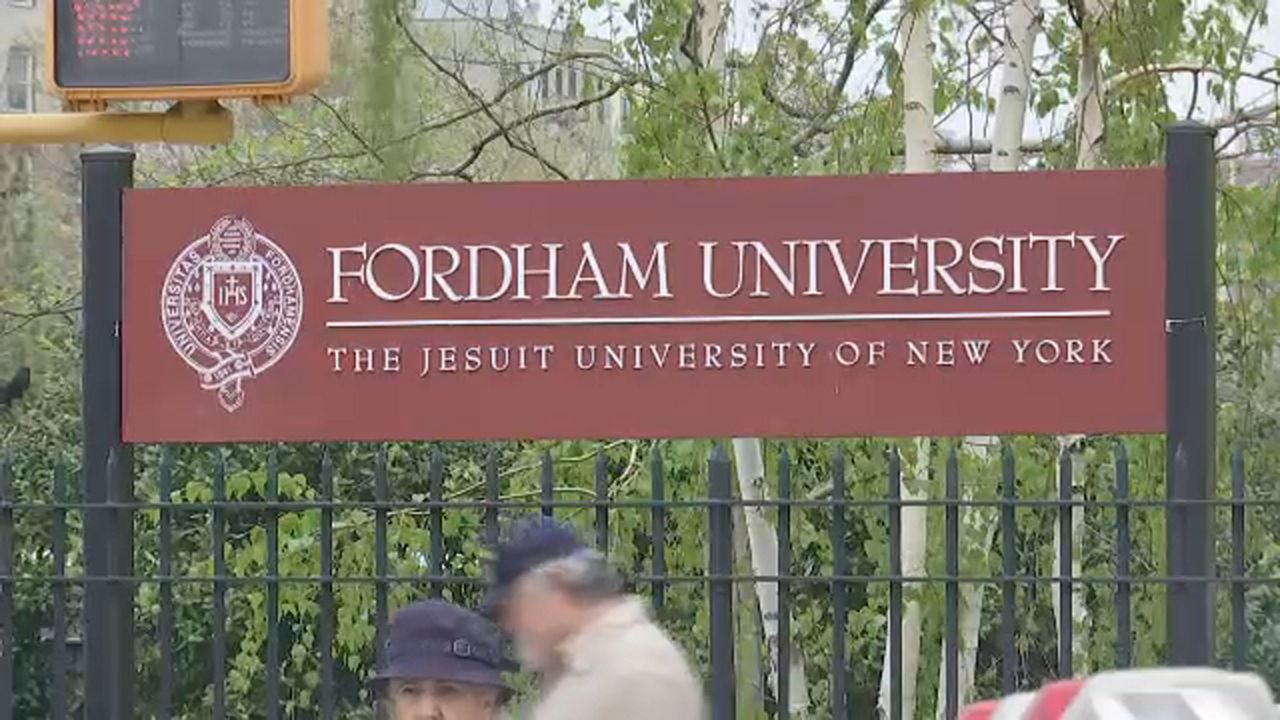Columbia University officials are responding to the Trump administration’s Friday announcement that it’s looking to cancel $400 million of federal grants and contracts to the school.
Federal agencies aligned with the Joint Task Force to Combat Antisemitism say the move is “due to the school’s continued inaction in the face of persistent harassment of Jewish students,” including during pro-Palestinian protests which escalated on the Ivy League university’s campus last year.
What You Need To Know
- In response to pro-Palestinian protests that escalated on Columbia University’s campus last year, the Trump administration is cutting $400 million of federal funding to the Ivy League school, over what it calls the university’s inaction to protect Jewish students and combat antisemitism
- “There is no question that the cancellation of these funds will immediately impact research and other critical functions of the University," Columbia's interim president wrote in a letter to students Friday night
- Robert Newton, a senior research scientist at Columbia for more than 30 years, rejects the claim of widespread harassment of Jewish students and believes the cuts are an attack on scientific research
- Columbia does have an endowment worth more than $14 billion, according to published figures, however, there are limits on how much can be withdrawn to cover potential funding gaps
Columbia’s interim president, Katrina Armstrong, sent a letter to Columbia students and community members Friday night, saying, “There is no question that the cancellation of these funds will immediately impact research and other critical functions of the University, impacting students, faculty, staff, research, and patient care.”
“We are committed to working with the federal government to address their legitimate concerns. To that end, Columbia can, and will, continue to take serious action toward combating antisemitism,” Armstrong continued.
Trump’s education secretary, Linda McMahon, had released a statement Friday afternoon: “Universities must comply with all federal antidiscrimination laws if they are going to receive federal funding. For too long, Columbia has abandoned that obligation to Jewish students,” McMahon said in part.
Robert Newton was a senior research scientist at Columbia for more than 30 years, and is now a lecturer at the university. He rejects the Trump administration’s claim of widespread harassment of Jewish students there and believes these cuts are a devastating attack on scientific research.
“These cuts are aimed most directly at researchers. At people doing scientific research in laboratories, at field sites. People doing mathematical work in their offices,” said Newton, also a member of the Executive Committee of the American Association of University Professors (AAUP) chapter at Columbia.
“It’s not true, but even if you believed that there was relentless harassment of Jews at Columbia, this is not targeted at the people who you think are doing that. Many of the people who will lose their jobs, whose jobs are threatened if these cuts are successful, are themselves Jewish,” he continued.
Protests peaked last spring when pro-Palestinian students occupied the university’s South Lawn, demanding Columbia divest from Israel.
Protesters later occupied an academic building. After two weeks, the university called in the NYPD to clear the campus.
At Barnard College, which is affiliated with Columbia, three students were expelled last month for allegedly disrupting a class called “History of Modern Israel.”
Amid uncertainty around the long-term impact of these cuts, Newton worries this move could undermine Columbia’s standing as a distinguished institution.
“$400 million out of those budgets is immensely damaging. You will see, if this is successful, you will see some of North America’s best research institutes, most highly respected research organizations, crippled by that kind of a cut,” Newton said.
Columbia does have an endowment worth more than $14 billion, according to published figures. However, there are limits on how much can be withdrawn to cover potential funding gaps.






_DNT_Columbia_Protest_CLEAN_FOR_APPROVAL)
